Sometimes busy snouts need dog nose moisturizer thanks to the chapping and dryness that can result from sniffing out the smells of the world.
The moist, spongy skin of the canine nose captures scents “tens of thousands of times” more efficiently than our own. It is the tool dogs use to investigate the world around them, but those noses take a beating from the elements.
Since pups effectively “see the world through their noses,” the skin is constantly exposed to sunlight, extreme temperatures, allergens, and various substances that can cause dryness, chapping, and cracking.
But you can help soothe a sore sniffer with moisturizer for dog noses!
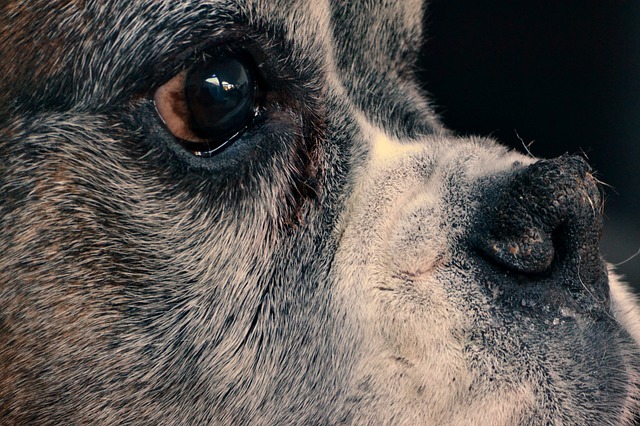 Does your dog’s nose need a moisturizer?
Does your dog’s nose need a moisturizer?
Natural Moisturizers for Dog Noses
Without a moist, healthy nose, your dog cannot efficiently explore the neighborhood or recognize his favorite scent – you! Luckily, there are several safe, natural ingredients you can apply topically to help soothe and heal your pup’s dry nose. (Tip: if you need some help finding these ingredients, there are dozens of natural dog nose balms on Chewy or Amazon)
1. Shea Butter
Humans often use shea butter to soften their own dry skin and it works just as well on crusty dog noses! It is completely pup-safe in small amounts and can also be used to soothe dry paws and elbows.
 Olive oil isn’t just for cooking! It can moisturize dry dog noses too!
Olive oil isn’t just for cooking! It can moisturize dry dog noses too!
2. Olive Oil
Almost every kitchen has a bottle of olive oil for cooking, but this household favorite can also be used on dry noses, paws, and ears. You can even add a teaspoon to your dog’s meals to promote healthy skin from the inside out.
3. Castor Oil
Castor oil is comprised of 90% Ricinoleic acid which provides powerful healing properties for dry, irritated skin. Just remember, a little goes a long way! You do not want your dog to lick away excess castor oil as it also acts as a powerful laxative and may cause diarrhea.
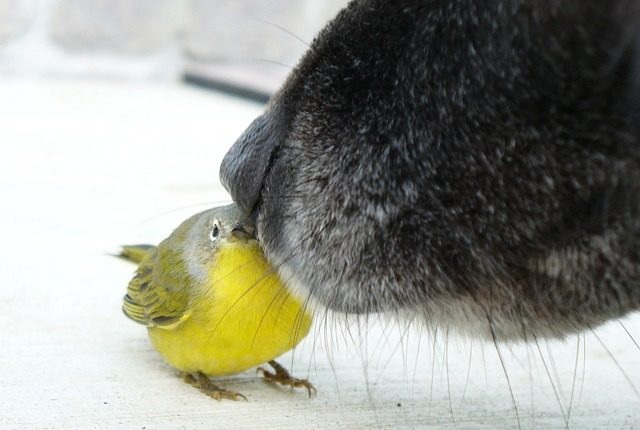 Dog nose moisturizers help keep snoots soft for the snuggling!
Dog nose moisturizers help keep snoots soft for the snuggling!
4. Almond Oil
Sweet almond oil is a highly effective, easily absorbed skin softener and conditioner. It contains a number of important fatty acids, vitamins, and minerals to soothe dry, irritated dog snouts.
5. Coconut Oil
Coconut oil is one of the safest, most effective moisturizers found in nature. It not only restores moisture to your dog’s dry nose, but it also helps improve skin elasticity with its many vitamins and minerals. Be sure to choose an organic, cold-pressed, extra virgin coconut oil that is 100% natural and unprocessed.

Dry dog noses can benefit from coconut oil and it smells good too.
6. Cocoa Seed Butter
Cocoa seed butter effectively softens and conditions dry, cracked, chafed, and sunburned dog noses and can also be used to moisturize rough paw pads and elbows.
(Many dog parents are hesitant to use anything with the word “cocoa” in the ingredients, and rightly so. Cocoa seed butter is safe to use on your pup because even though it is derived from the seeds of the cacao tree, it does not contain the dangerous ingredients that make chocolate toxic to dogs.)
Better Yet, Use All 6 of The Ingredients Above!
Each one of the oils above has its own unique properties and viscosity to help moisturize dog noses. Choosing a nose balm product (many available on Chewy or Amazon) with all 6 of these natural ingredients ensures that lighter oils will be absorbed quickly for fast relief, and heavier oils will stick around for long-lasting relief. After all, moisture is a key ingredient for a healthy dog nose!
All-natural butter balms can help soothe and heal your dog’s dry nose so they can get back to snooping!
Search Chewy for “Dog Nose Balms”
Search Amazon for “Dog Nose Balms”
These statements have not been evaluated by the Food and Drug Administration. This product is not intended to diagnose, treat, cure, or prevent any disease. The information on this website is not intended to replace a one-on-one relationship with a qualified healthcare professional.
Frequently Asked Questions About Your Dog’s Dry Nose
1. Can Weather Or Environmental Factors Contribute To A Dog’s Dry Nose?
Yes! Weather and environmental factors can contribute to a dog’s dry nose. It’s important to note that while some dryness in a dog’s nose can be typical, excessively dry or cracked noses should be monitored and addressed by a veterinarian. A consistently dry or cracked nose can be uncomfortable for the dog and may indicate a more significant issue. Here are some ways in which weather and the environment can contribute to a dog’s dry nose:
Dry air: Dry air with low humidity, often experienced during cold weather or indoor heaters during winter, can lead to a dog’s nose drying out. Just as humans can experience dry skin, dogs can also have dry noses.
Sun Exposure: Dogs love running and sunbathing in the sun. However, especially in hot and sunny climates, it can cause a dog’s nose to dry and potentially sunburn. Some dogs, particularly those with light-colored or pink noses, are more susceptible than others.
Allergens: Pollen, dust, and mold can lead to allergies in dogs, which may contribute to dry or irritated skin, including their noses.
Dehydration: If your dog’s not drinking enough water or running around in hot weather, they can get dehydrated. Dehydration can result in dry and cracked noses.
Irritants: Dogs may come into contact with various environmental irritants, such as chemicals, cleaning products, or harsh detergents. These substances can irritate and dry out a dog’s nose if they come into contact with it.
2. What Are Some Signs That My Dog’s Dry Nose Is Improving?
General signs to look for when assessing the progress of your dog’s dry nose vary based on the underlying cause and treatment approach, but here are some signs of improvement:
Moisture: One of the most obvious signs of improvement is increased moisture on your dog’s nose. The nose may feel less dry to the touch, and you may notice a return of the natural shine and wetness.
Reduced Cracking: If your dog’s nose was cracked or had visible dry patches, the skin on the nose may start to heal and become smoother.
No More Redness or Irritation: If the dryness was associated with redness or irritation, you’ll notice that the nose looks less inflamed and healthier.
Improved Comfort: Your dog is not trying to rub or scratch their nose.
Increased interest in sniffing: Dogs rely heavily on their sense of smell, so an improved nose condition may lead to an increased interest in sniffing their territory or food.
Less Sneezing or Nasal Discharge: If the dry nose was associated with nasal irritation, you might notice fewer sneezing episodes or nasal discharge.
Behavioral Changes: Some dogs with dry noses may seem less playful or active. As their nose improves, they become more energetic and engaged in activities.
3. Are There Any Food Supplements That Can Help With My Dog’s Dry Nose?
If you notice that your dog has a dry nose, adding some food supplements to their diet can help. Supplements containing Omega-3 fatty acids, Vitamin E, and Vitamin C have been found to be beneficial in treating a dry nose in dogs. These supplements can help moisturize your dog’s nose and improve their overall health.
4. Should I Take My Dog To The Vet If Their Nose Is Dry For An Extended Period?
If the nose dryness and cracking have persisted for an extended period despite trying various home remedies, it may be time to see a vet. It is even more important for dogs with pre-existing health conditions such as allergies, autoimmune disorders, or skin-related issues to see a vet, as the dry nose could indicate a more severe condition. Veterinary care can identify underlying causes and ensure proper treatment for your dog’s well-being.
5. Can Dehydration Be A Cause Of My Dog’s Dry Nose?
Yep, your dog’s dry nose may be caused by dehydration. When dogs do not get enough water, their body tries to save every drop, and one way it does that is by giving them a dry nose. So, it’s important to keep an eye on their water intake, especially in hot weather or after they’ve been playing hard. If you think they need more water, encourage them to drink more. If you’re worried they’re not hydrating, contact the vet to ensure everything’s okay. Staying on top of hydration is vital to keeping your furry friend healthy!
6. What Are Some Common Remedies For A Dog’s Dry, Cracked Nose?
There are several common remedies to help alleviate a dog’s dry, cracked nose. It may surprise you that many of these items are found around the house. Here are some options that you may already have on hand:
- Humidifier: Using a humidifier when we are sick is helpful because it adds moisture to the air and reduces cough and congestion. However, did you know a humidifier is also helpful for dogs? The moisture may prevent the dog’s nose from drying out, especially during dry weather or in heated indoor environments.
- Balms and Moisturizers: Applying pet-safe balms or moisturizers to your dog’s nose can help relieve dryness and promote healing. Look for products specifically designed for dogs and avoid using human products without veterinarian permission, as they may contain ingredients that can be harmful to pets.
- Coconut Oil or Olive Oil: Applying a small amount of coconut oil or olive oil to the dog’s nose can help moisturize and soothe dry, cracked skin. These natural oils are generally safe for dogs, but use them sparingly and avoid getting these products in the dog’s eyes as they may cause irritation or infection.
- Proper Hydration: Ensuring your dog has access to clean, fresh water at all times, which can positively impact their skin health, including the nose.
- Avoiding Irritants: Keep your dog away from potential irritants that may worsen the dryness, such as harsh chemicals, cleaning agents, or environmental allergens.
- Regular Grooming: Keeping your dog’s overall skin and coat in good condition through regular grooming can help prevent dryness and maintain overall skin health, including the nose.
Always consult with your veterinarian before using any treatments to ensure they are safe and appropriate for your dog’s specific situation.
7. Can Allergies Be A Reason For My Dog’s Dry Nose?
Allergies can be a reason for your dog’s dry nose. Like us, irritations like pollen, dust, or certain foods can make their skin feel itchy and dry, including their cute little nose. It might be an allergy if you notice your furry pal scratching a lot or having a runny nose.
8. How Often Should I Apply A Moisturizer To My Dog’s Dry Nose?
The frequency of applying moisturizer to your dog’s nose to treat dryness can vary depending on the severity of the dryness and the specific product you’re using. Generally, it’s recommended to apply the moisturizer once or twice a day, especially for mild to moderate dryness. But if your pup’s nose feels extra dry and cracked, your vet might recommend applying it more often. If you need clarification on something, call your vet for professional advice. Always remember to stick to products meant for pets for your furry buddy!
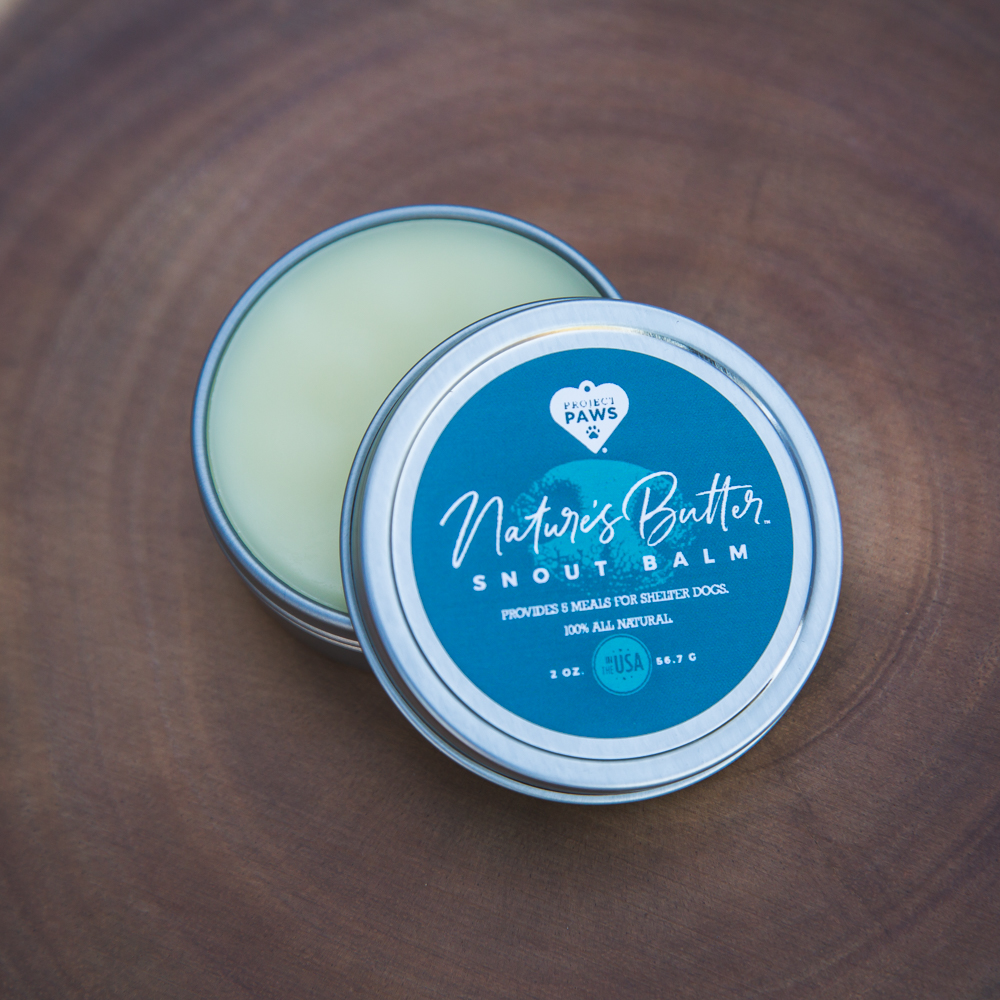

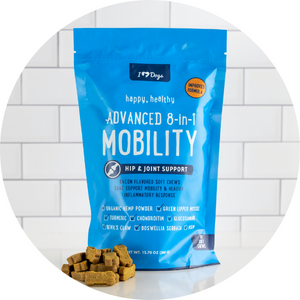
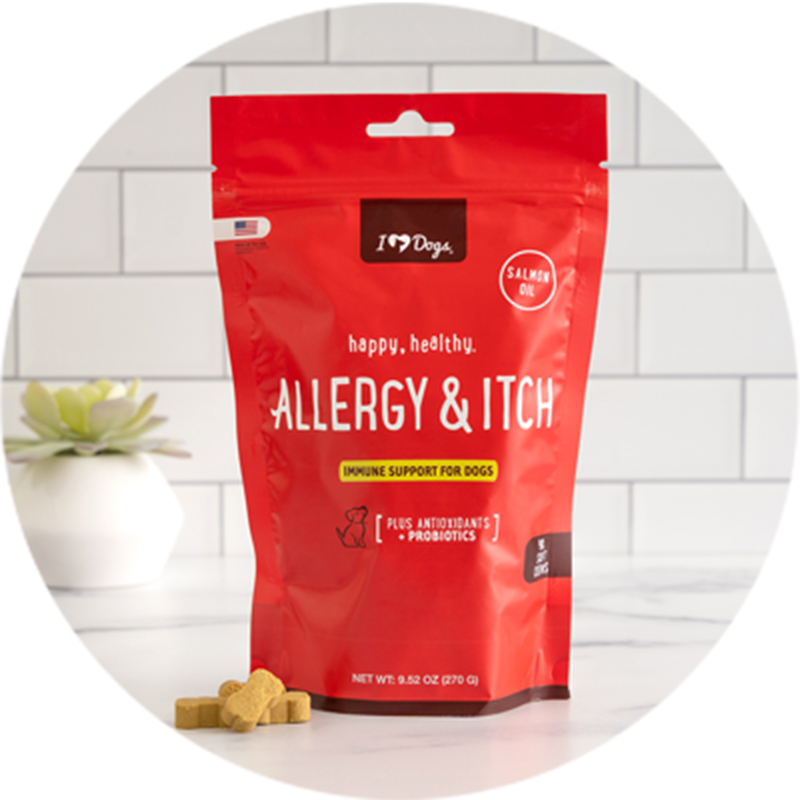
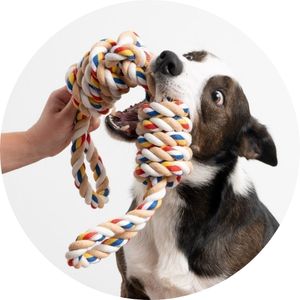

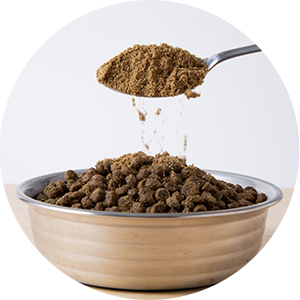
 Toledo, United States.
Toledo, United States.